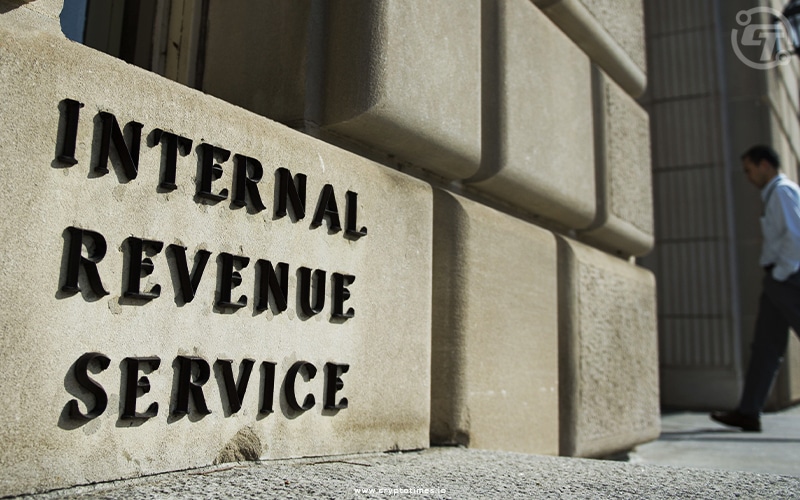The Internal Revenue Service (IRS) has introduced a new version of Form 1099-DA that reinforces the reporting standards on digital asset transactions. With the title “Digital Asset Proceeds from Broker Transactions,” the form will go live in 2025 and be used for 2026 reporting.
The new 2026 layout which brokers are mandated to use requires an account for a variety of financial activities, such as the purchase and sale of cryptocurrency, non-fungible tokens (NFTs), and stablecoins.
The roadmap specifies several broker groups such as kiosk operators, digital payment processors, hosted wallet providers, and non-hosted wallet operators. The brokers will have to document their transactions on Form 1099-DA by submitting copies to the IRS and their customers.
The goal of the rule is to improve the IRS’s capacity to locate taxpayers engaged in transactions involving digital assets, which are frequently difficult to find without third-party reporting. This will improve verification and compliance.
The crypto community had conflicting opinions when the proposed reporting rules were revealed. Different stakeholders given to the prescribed rules show both approval and opposition.
Some people talk about issues with too much authority and supervision. Others highlight problems with reporting transactions to decentralized finance and figuring out the cost basis. The Blockchain Association denounced the rule, highlighting “basic misconceptions about digital assets and decentralized technology.”
Paul Grewal, the chief legal officer of Coinbase, also issued a warning, pointing out that since almost all transactions involving digital assets—even little ones like buying a cup of coffee—would have to be disclosed, the laws would set an unsettling precedent for financial surveillance.
Also Read: Dubai Token2049 Sees Strong Attendance Despite Storms






